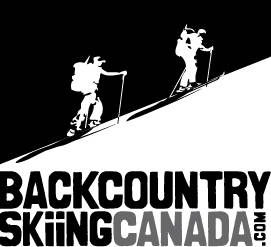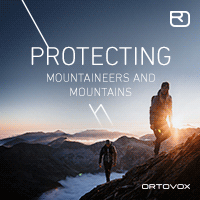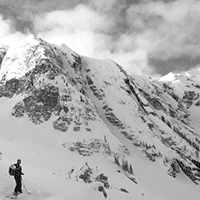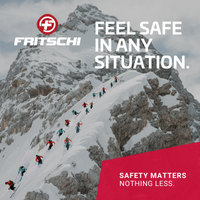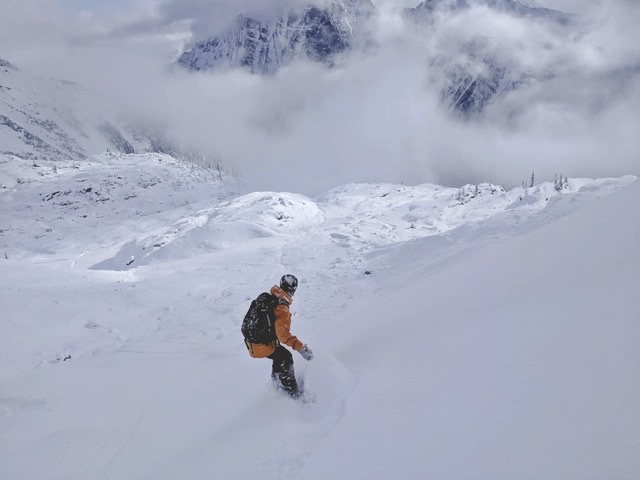HARD-NOSED PROFESSIONALS SPEAKING OUT ABOUT THE TRAUMA THAT IS EVER-PRESENT IN THE MOUNTAINS
As a member within the RCMP, BCEHS or a city Fire Response unit, you can almost guarantee that you will be exposed to a high volume of stressful situations. However, you can count on certain resources and organizations to help you handle all the moments that may come afterwards.
Studies show that certain incident characteristics predispose first responders to PTSD, like the feelings of chaos (events happening too quickly, not knowing where to start, the situation being worse than expected) and resource limitations (far from backup, waiting a long time for help, harsh physical conditions, and not enough hands). These happen to also be factors you would likely see in remote or rural settings. So, although the volume of response calls may be less than in bigger cities, it is safe to expect rural first responders of being exposed to their fair share of situations that would affect their mental health.
Where am I going with this?
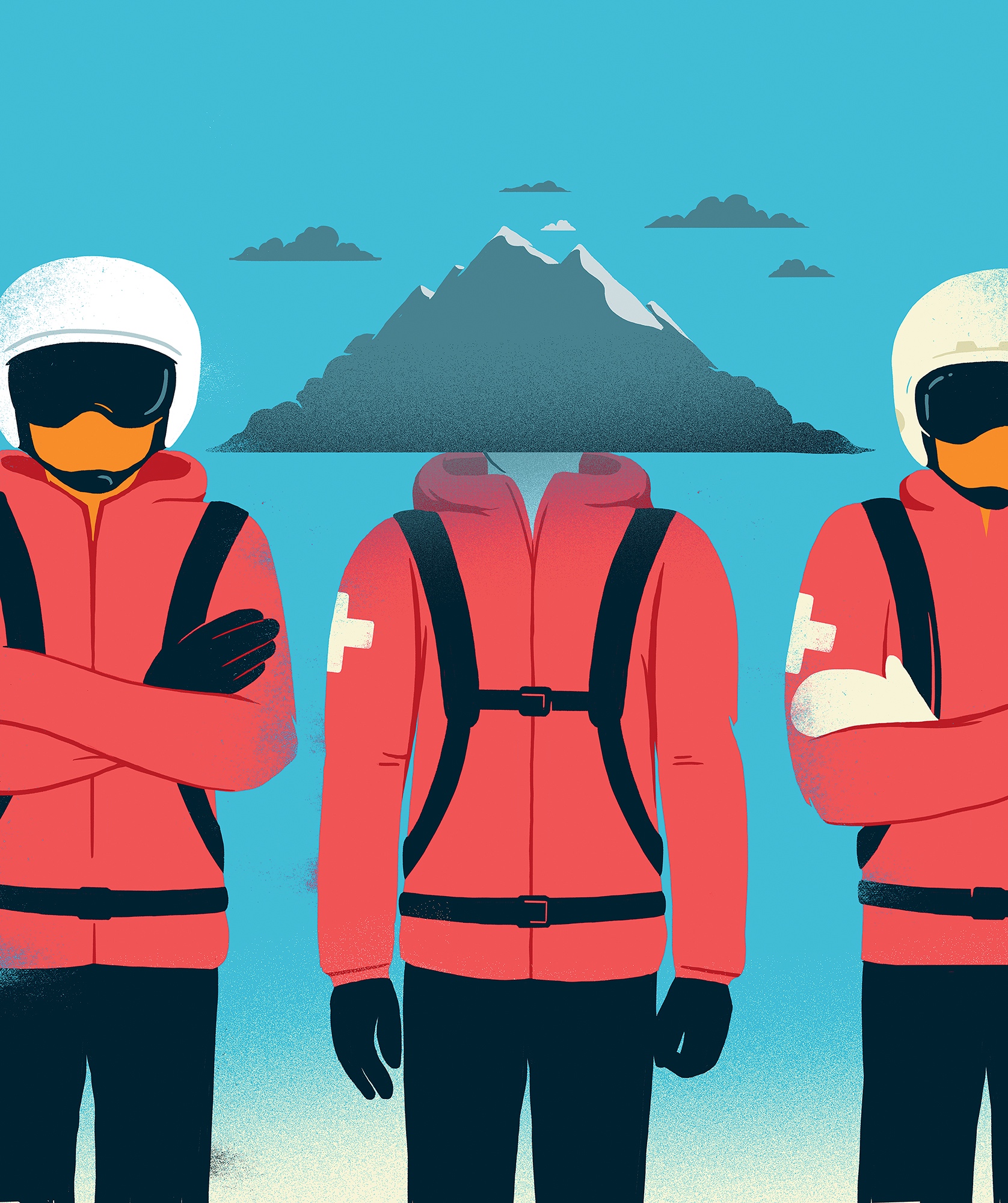
PTSD is more common than many of us might think. As a first responder in the mountains (let’s say within a snow and backcountry-specific setting), although there may be some kind of incident stress management within your direct workplace — usually in the form of an incident debrief — there is currently no overarching umbrella organization that oversees and ensures those systems are in place. In a world of type A personalities and seemingly unbreakable, tough, mountain machines, there are limited voices within the industry that are pushing to break the stigma surrounding vulnerability and trauma within responders.
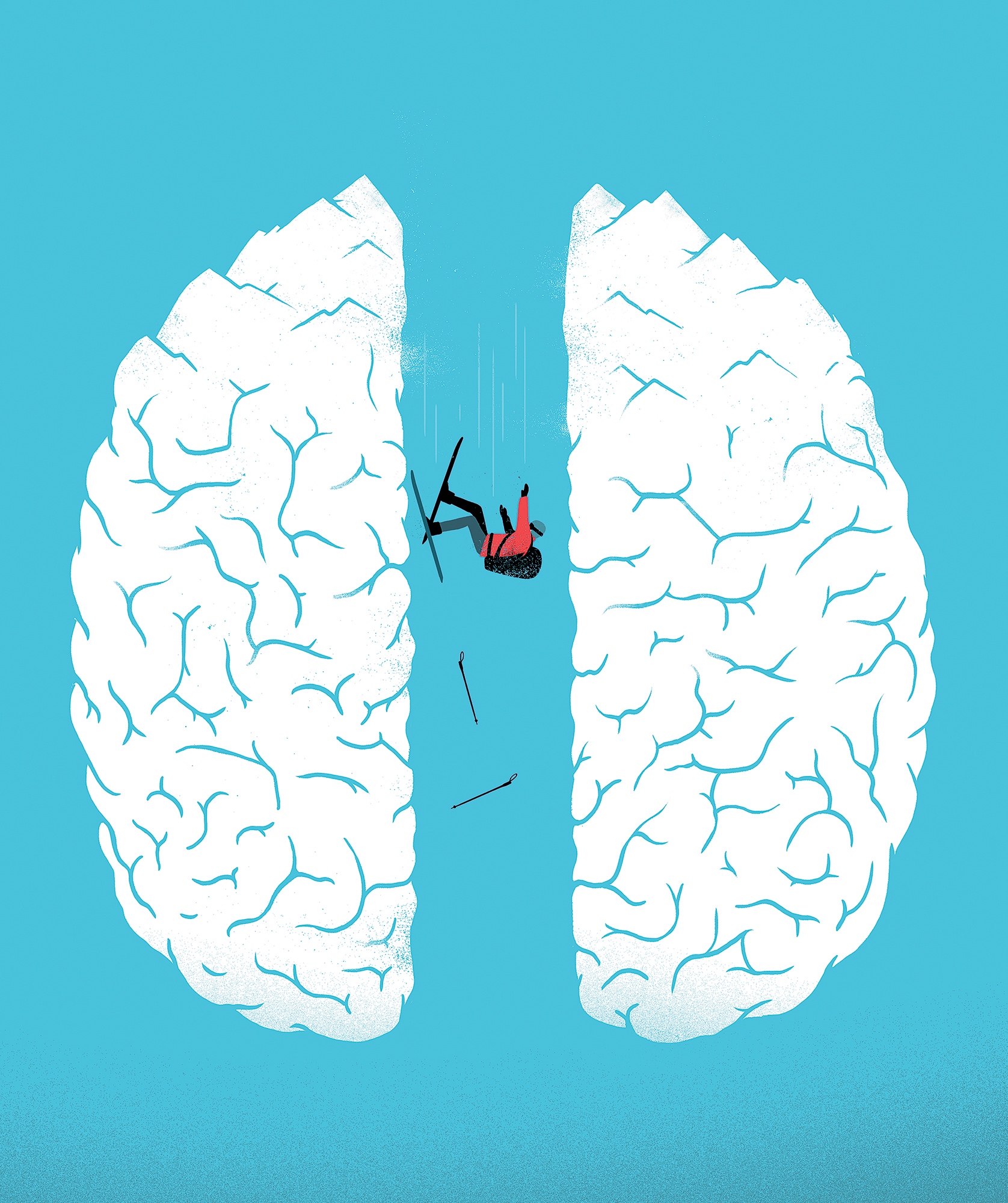
There is an unclaimed responsibility to be that voice, and some industry professionals are beginning to realize that. A really great read from Backcountry Magazine dives into topics of PTSD and emotional health, and how you might be able to create a ripple within your community when it comes to speaking out about trauma. Check it out!
